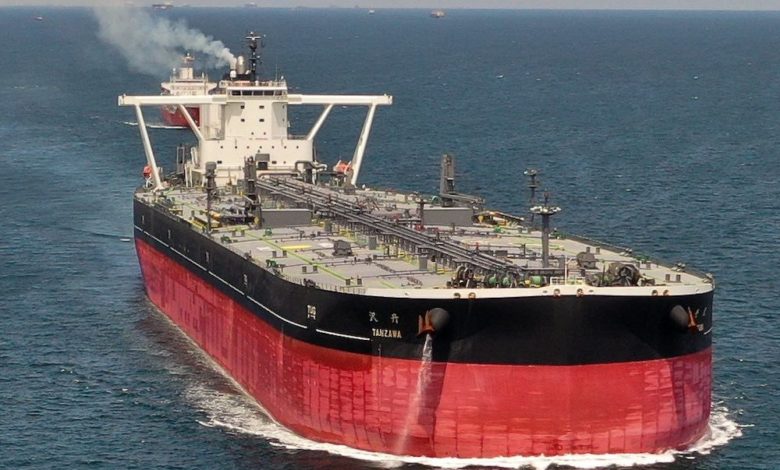Will 2022 be the year when shipping shifts focus to immediate action on decarbonisation?

Digital technologies will be crucial if shipping is to meet growing pressure to fast-track its decarbonisation efforts, says ZeroNorth CEO Søren Meyer.
Despite extensive conversation taking place in the last few months on how to rebuild global trade as part of the post-COVID-19 economic recovery, it is fair to say that this recovery is still a work in progress.
There is currently a substantial incentive for shippers to sail as fast as possible for as long as possible, which has hugely increased shipping’s emissions – which rose by 4.9% in 2021 alone. Any recovery that we pursue must be based on motives related to both profit and planet and bear in mind the other key challenge on the horizon for the sectors that comprise global trade: decarbonisation. The industry’s path to recovery must find ways to make the supply chain, transportation, and logistics sectors greener and aligned with the UN’s Sustainable Development Goals.
Success in shipping is based on time and money
Whilst the IMO is still coming to terms with what can be achieved by 2050, the pace of change is clearly now out of its hands, and 2022 will be pivotal for shipping – not least because of mounting pressure for change and tangible action from cargo owners, regulators, customers, and other stakeholders from outside of the industry.
Increasingly, more corporates and big industry players involved in global trade are feeling the urgency to act now. In October last year, Cargo Owners for Zero Emission Vessels – a group that includes Amazon, Ikea, Unilever, Brooks, and Michelin – committed to switching all of their ocean freight to vessels powered by zero-carbon fuels by 2040.
The reality, however, is that today there are very few silver bullets for shipping companies looking to make good on their decarbonisation promises and support these goals. We must also simultaneously get to grips with the fact that digitalisation is one of the single best ways that owners and operators can generate immediate emissions reductions and prove their performance transparently to their counterparties.
Success in shipping is based on time and money. For some companies, it is beginning to be based on emissions. Every operator takes decisions towards these goals based on the information they have at their disposal. However, the huge amount of information that every vessel generates – to say nothing of a fleet – is impossible for any human to process alone.
There are tangible efficiencies left unpursued because vessels are not operating optimally. There is also tangible money being left on the table because we cannot compare the cost of fuel with the value of time. And finally, there is tangible positive environmental impact that we can generate by taking decisions not only for profit, but also for planet.
What’s exciting, is that we have the opportunity to make an immediate impact, because shipping already has all this information at its fingertips. It has just lacked solutions that can combine this data and turn it into actions that owners and operators can take, and masters can enact.
Today, the right digital applications can leverage data to enhance vessel performance, increase earnings and reduce emissions. Given the new climate and reputational pressures, digital solutions can dramatically improve transparency between operator and charterer, allowing them to align their decision-making based on a clear view of dollar and CO2 impact.
However, decarbonisation cannot happen in isolation, and more effort must be placed on connecting the value chain that underpins global trade more holistically. This means breaking down silos and empowering better use of data.
Scaling the use of digital technologies is critical in the years we must wait before future fuels come online. Our industry can act today if it wants to, and we can start to use these solutions to shift focus to immediate action on decarbonisation. In doing so, we’ll be able to move to a normal where decisions are made for both profit and planet, a worthy goal for a sector subject to as much change as shipping.
